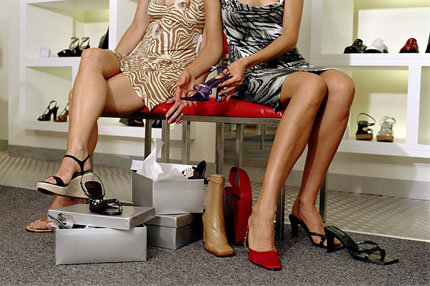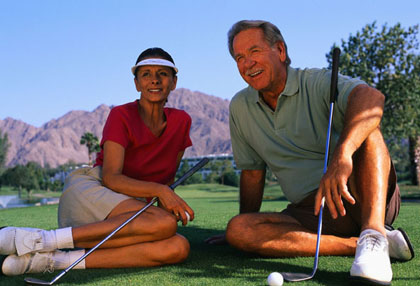What Are Varicose Veins?
Arteries bring blood from the heart to the extremities. Veins contain one way valves and channel blood back to the heart. When there is obstruction of veins, or when prolonged pressure is placed on the veins, the valves stretch and no longer close properly. This allows blood to travel back down the veins towards the feet. The veins in the legs that are near to the surface of the skin enlarge and result in what is commonly called varicose veins. These can range from minor dilatations to large lumpy veins in the calf. Very small purple or blue veins in the skin of the legs are called “thread veins” or dermal flares and often occur alongside large varicose veins. Some people are only affected by dermal flares. Both types of varicose veins are probably caused by the similar things. These include both inherited and envionmental factors. Varicose veins is a slowly progressive disease which if left untreated can lead to marked skin change damage or ulceration near the ankle.
Why Do They Occur?
Heredity is important in the development of varicose veins and thread veins. Up to 25% of the adult population have varicose veins and experience discomfort as a result. Many people know of other family members with the same problem. A recent study showed that where both parents had varicose veins there was an 80% chance of their children developing varices.
Environmental factors also play a large part in the development of varicose veins and thread veins, for example, prolonged standing – especially for workers such as nurses, sales assistants, flight attendants, waitresses and teachers, for example. Diet may also be a factor, and our Western diet with high content of fat and refined sugar with low fiber content may contribute to the development of varicose veins.
Varicose veins may also become more frequent with advancing age, but may appear at any time of life and small varices are sometimes seen in school children.
Although all factors such as puberty, pregnancy and the menopause also influence the course of the disease. As many as 70 – 80% of pregnant women develop varicose veins during the first trimester. Pregnancy causes an increase in hormone levels and blood volume which in turn causes veins to enlarge. Later in pregnancy, the enlarged uterus causes increased pressure on the veins in the pelvis. Approximately 60 – 70% of varicose veins due to pregnancy will disappear within a few months of delivery.
Little research has been done to investigate the role of the pill and hormone replacement therapy (HRT) in the development of varicose veins. These probably have no influence on them.
What are the Symptoms?
Varicose veins may cause feelings of fatigue, heaviness, aching, burning, throbbing, itching and cramps in the legs. These symptoms are often accompanied by swelling of the ankle, which frequently appears after long hours of standing. Some people are very troubled by the aching that varicose veins produce. Even small thread veins can result in severe aching which prevents standing for any length of time.
What Can I do to Prevent Them?
Many of the things that seem to cause varicose veins are difficult to avoid such as a family history or Western way of life. Where possible standing still for long periods should be avoided. Walking is much better for the veins and helps the blood return to the heart from the legs. In occupations that require extended periods of standing then a few steps should be taken at regular short intervals to help circulation. Wearing support stockings may also reduce the likelihood of varicose veins but there is no strong scientifc evidence to clarify this. No creams or drugs are available to prevent varicose veins. The earlier varicose veins and thread veins are treated the better the long term and cosmetic outcome.



